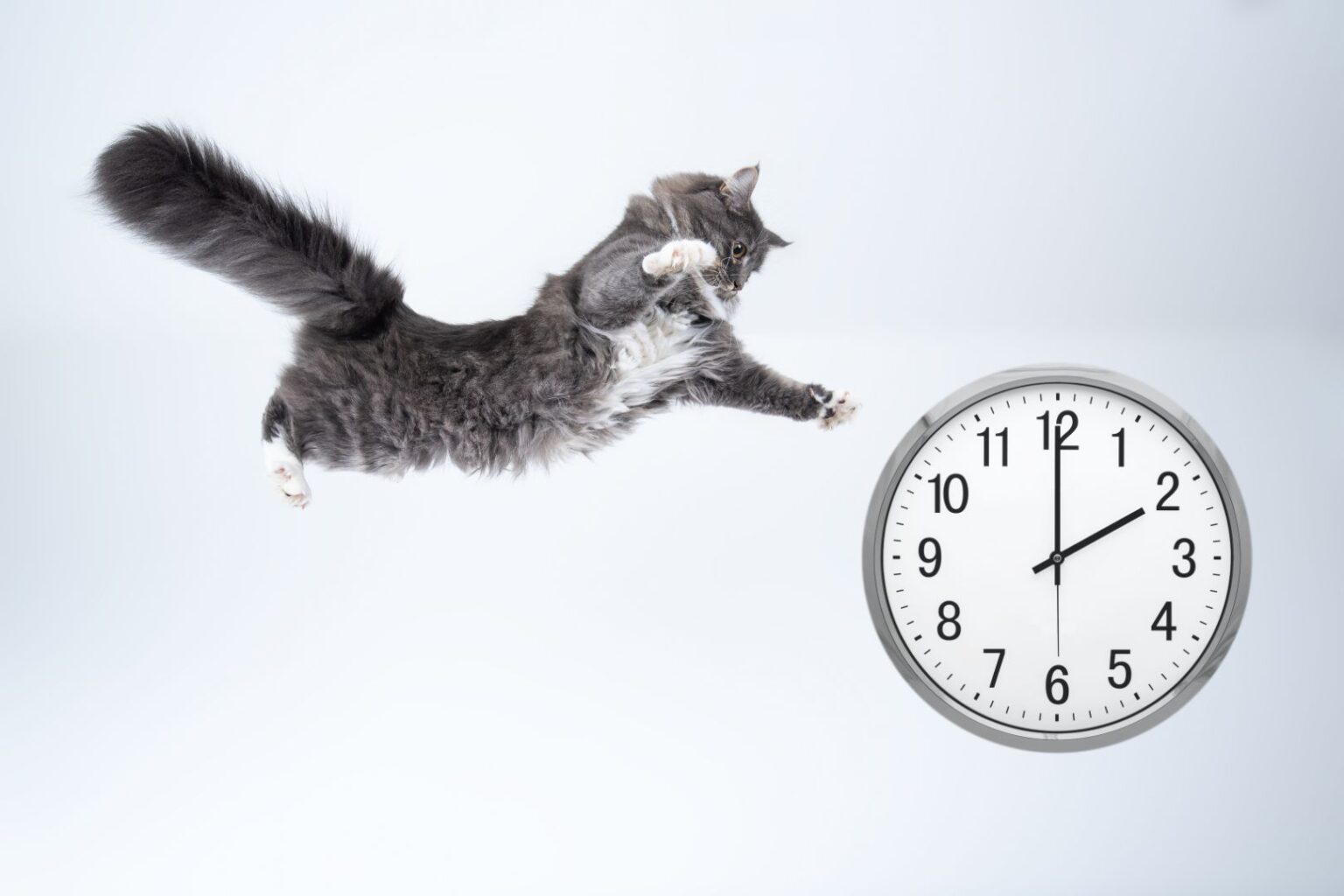Cat longevity: the loving owner’s guide
Our cats weave themselves into our routines so naturally that we start measuring time in purrs and nap cycles. But how long does a cat live, really? Let’s explore what truly influences cat longevity and how to help your little shadow stay healthy for many, many sunbeams.
Curious where your feline stands right now? You can calculate your cat’s age in human years to set a helpful baseline.
What really shapes a cat’s life expectancy
Genetics matter, of course. Some breeds tend to have sturdier health profiles than others, but every cat is an individual. Family history, early-life care, and even temperament can nudge the odds.
Lifestyle is just as powerful. Indoor cats typically outlive outdoor adventurers because they avoid traffic, predators, toxins, and certain infectious diseases. That said, indoor life must be enriched—boredom is not a wellness plan.
Food and weight: the quiet superpowers
Nutrition is the cornerstone of longevity. High-quality, balanced food that fits your cat’s age and needs helps prevent obesity, diabetes, and joint issues—all major “time thieves.”
- Choose complete, balanced recipes appropriate for life stage.
- Measure portions; free-feeding can quietly add extra kilos.
- Prioritize hydration—wet food and fountains help a lot.
Want deeper guidance on feeding choices and routines? Here’s our friendly guide to feeding your cat well.
Environment: indoor, outdoor… or a smart in-between
Indoor living generally extends life, but cats still need to climb, scratch, stalk, and explore. Think cat trees, window perches, puzzle feeders, and daily play sessions. Outdoor access? Consider a secure “catio” or harness walks for safe adventures.
- Rotate toys to keep hunting instincts satisfied.
- Offer multiple scratch posts at different angles.
- Create vertical territory—shelves make excellent cat highways.
And that famous myth? Cats don’t really have nine lives. Here’s why that idea stuck around—and what matters more for longevity than luck: the truth behind the nine lives myth.
Preventive care that adds years (and comfort)
Routine vet visits catch small issues before they shorten life. Your vet will tailor vaccination protocols, discuss spay/neuter timing, and guide you on dental and parasite care.
- Vaccinations: protect against serious viral diseases.
- Spay/neuter: reduces roaming, fights, and certain cancers.
- Dentistry: oral health affects the whole body—don’t skip it.
- Parasites: fleas, ticks, and worms drain health quietly.
If worms are on your radar (they should be), bookmark this practical resource on protecting your cat from worms.
Daily habits that stack up to extra birthdays
- Play 10–15 minutes twice a day to maintain muscle and mood.
- Keep weight steady—tiny gains add up over time.
- Offer fresh water in wide, shallow bowls to avoid whisker stress.
- Groom gently; regular brushing supports skin, coat, and bonding.
Practical tip: Create a “hydration bar” with two water spots: a fountain in a quiet corner and a wide glass bowl near a favorite nap site. Add a teaspoon of tuna water once a week for a fun “mocktail” that encourages drinking.
Common mistake to avoid: Free-feeding calorie-dense kibble because “she seems hungry.” Cats are subtle about weight gain, and extra weight quietly increases risks for diabetes, arthritis, and heart strain. Measured portions are an act of love.
Surprising fact: Cats are masters at hiding discomfort. A slightly grumpier mood, sleeping in a new spot, or jumping less can be early red flags—often long before obvious pain appears.
Senior cats: tender care for the golden whiskers
From around 7–8 years, many cats benefit from senior checkups. Your vet may suggest joint support, tailored diets, or dental cleanings. At home, make small adjustments that feel big to an older body.
- Provide low-sided litter boxes or a gentle ramp to favorite perches.
- Warm, supportive beds soothe aging joints.
- Short, frequent play sessions beat long marathons.
Longevity checklist
- Annual vet visit (twice yearly for seniors).
- Measured, balanced diet and steady weight.
- Daily enrichment: play, scratching, climbing.
- Oral care: brushing or professional cleanings.
- Parasite prevention year-round, as advised by your vet.
Long life isn’t magic—it’s the sum of small, kind choices you make every day. With thoughtful care, your feline companion can enjoy many sunlit windowsills and evening cuddles by your side.
FAQ
What is the average lifespan of an indoor cat?
Indoor cats often live longer than outdoor cats because they avoid common risks and receive steadier care. With good nutrition, enrichment, and vet visits, many thrive well into their teens.
Do certain breeds live longer than others?
Genetics can influence longevity, but care and lifestyle are powerful. Even within a breed, individual health, weight, and preventive care make a big difference.
How can I tell my cat is getting older?
Subtle signs include sleeping more, hesitating to jump, or a slightly duller coat. Senior checkups help catch changes early so you can support comfort and health.
What’s the best routine to help my cat live longer?
Keep weight steady with balanced meals, schedule regular vet care, maintain dental and parasite prevention, and add daily play plus cozy, stress-free spaces at home.







